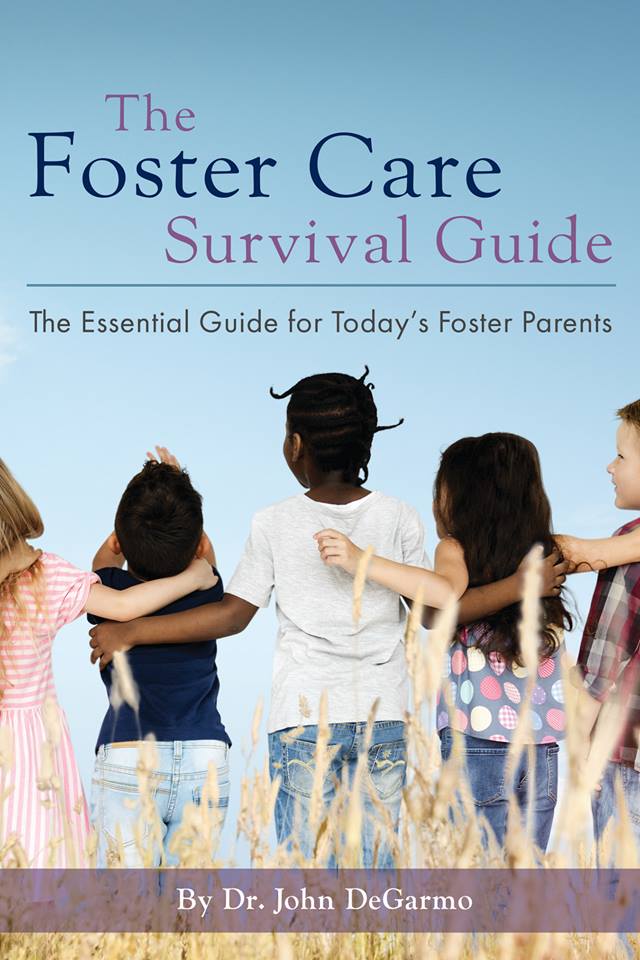
Grief can be expressed in variety of ways, depending upon the individual, as it is personal. Some will shed tears and cry while others will hold it inside. Some will busy themselves in a task, while other will seem detached and far away. The departure of your foster child from your home can be one that is devastating to you and your family. A brief look at the stages of grief, based upon Kubler-Ross' well known stages of grief established in 1969, and discussed in the book The Foster Care Survival Guide, is important in order to fully understand the feelings that may come along with the removal of your foster child from your family. These same feelings may be felt by your foster child when he is removed from his own home, and first placed in yours.
Shock
The removal of the foster child may bring feelings of shock to the foster family. After a family member has formed an emotional attachment to the family, the sudden removal may cause deep shock and uncertainty, leaving the foster family confused.
Denial
With a sudden departure, some foster parents may deny that they ever formed a relationship with their foster child, or feel any sadness towards the removal. Even though they deny these feelings, they grieve believing that they were unable to provide the help the child needed.
Anger
A foster child’s removal from a foster parent home may bring feelings of anger and severe disappointment with the caseworker, as well as with the child welfare agency system. Foster parents may blame the system or caseworker for the placement of their foster child into an environment they feel is not productive, or even harmful to the child.
Join the thousands who receive Dr. DeGarmo’s FREE foster care newsletter. Simply fill out the form below.
Guilt
During this stage, foster parents may experience feelings of guilt, blaming themselves with the belief that they are at fault, and try to comprehend what they did “wrong” in the removal of the foster child. Still, other foster parents may experience guilt if they were the ones asking for the removal, as they were unable to continue caring for the child.
Bargaining
Some foster parents will try to substitute the grief they have with helping others in need, in an attempt to justify the loss of their foster child. Other will try to substitute the loss with the placement of another foster child in their home, hoping that this new placement will help them forget about the child that just left.
Depression
There are different components to depression brought on by grief. Some foster parents will become easily irritated; others will experience a constant state of feeling tired. Others will feel as if they can no longer continue with their day to day lives, and have a difficult time with the tasks associated with family, friends, work, and marriage.
Acceptance
After the passage of time, the grief from the loss of the foster child decreases, allowing the foster parent to accept the removal of the child, and move on. The emotional well being of the foster parent improves, and a sense of understanding of the child’s removal becomes clearer.
To be sure, it is hard being a foster parent. The grief when a child leaves can, at times, be over whelming and consuming. It is like losing a child, a member of your family. Yet, I don’t want you to give up when a child leaves, because your heart is heavy. There are other children out there, right now, who need a home and need a family. There is a child out there right now who needs you to love him.
-Dr. John
For more, purchase your own personally signed copy of The Foster Care Survival Guide: The Essential Guide for Today's Foster Parents.



 RSS Feed
RSS Feed